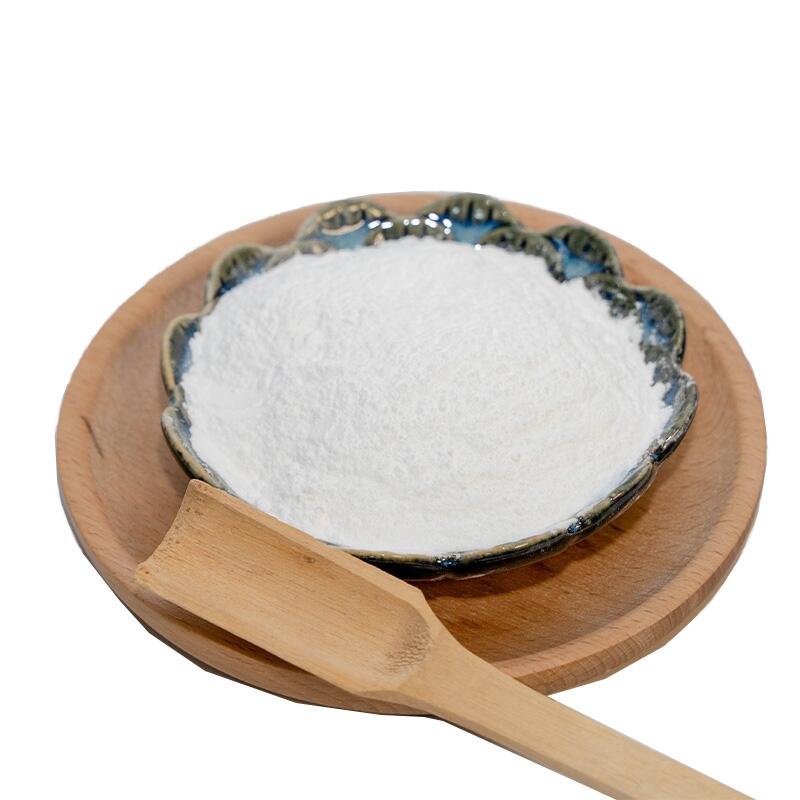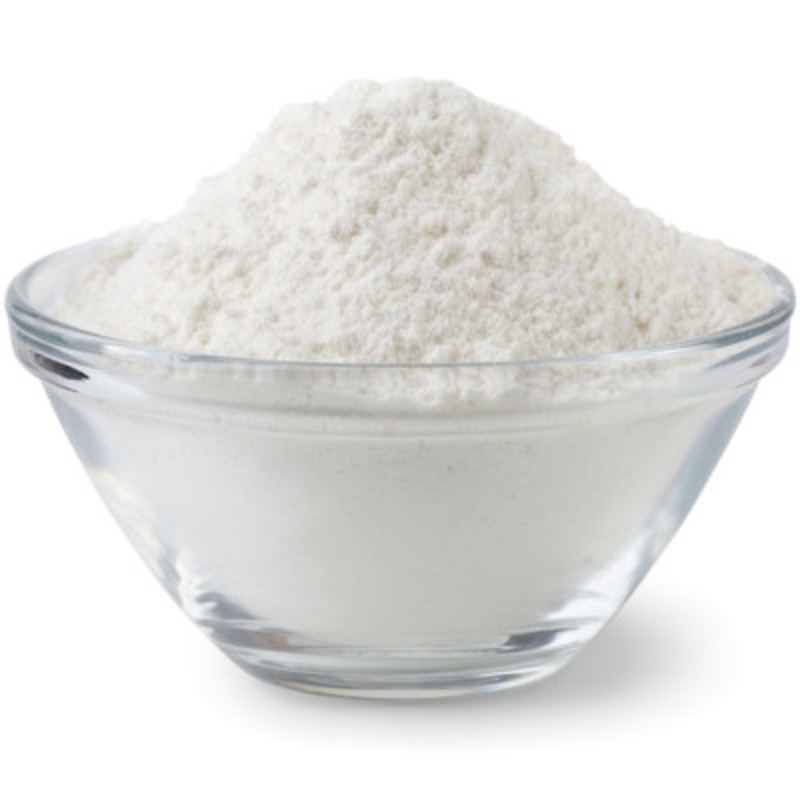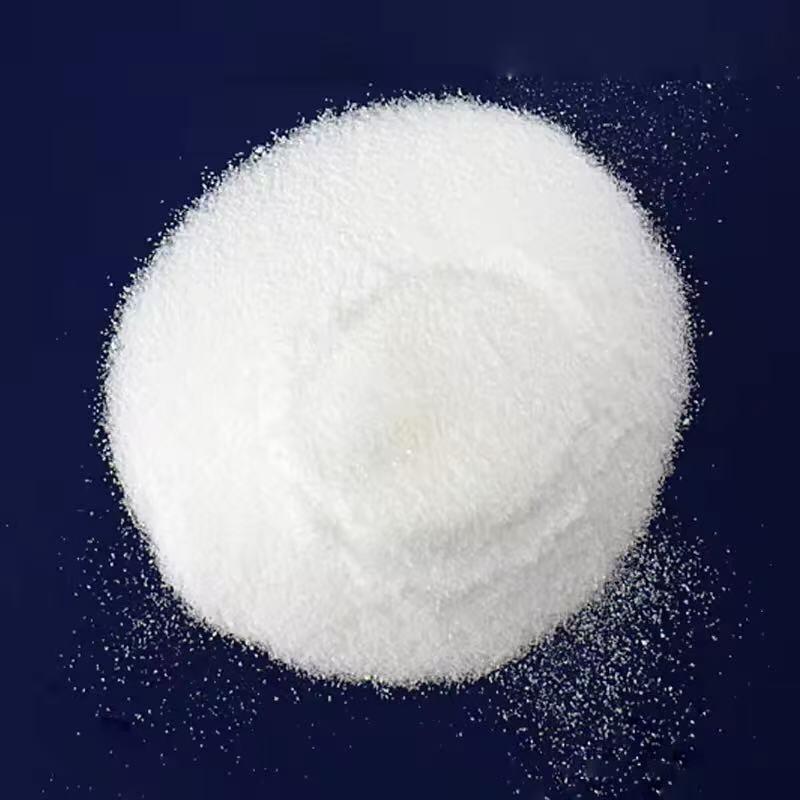What are the types of natural food preservatives
-
Last Update: 2019-03-15
-
Source: Internet
-
Author: User
Search more information of high quality chemicals, good prices and reliable suppliers, visit
www.echemi.com
Introduction: natural preservatives, also known as natural organic preservatives, are substances secreted by organisms or existing in the body with bacteriostatic effect, which are artificially extracted or processed to become food preservatives What are the types of natural food preservatives? Let's learn more about it with the small edition of Baibai safety net Natural food preservatives are natural substances, some of which are the components of food, so they are not toxic to human body, and can improve the flavor and quality of food, so they are a kind of food preservatives with development prospects Can play a certain role in preservation of food preservatives, let's see what kinds of natural food preservatives? 1、 Animal derived natural food preservative 1 Protamine Protamine is a kind of small and simple strong alkaline protein with high arginine found in fish sperm cells Protamine shows strong antibacterial ability in neutral and alkaline medium, and has high thermal stability It is still active when heated at 210 ℃ for 1.5h At the same time, its antibacterial range and food antiseptic range are wide It has strong inhibitory effect on Bacillus subtilis, Bacillus megaterium, Bacillus licheniformis, Bacillus coagulans, Lactobacillus endosperm, Lactobacillus casei, Streptococcus faecalis, etc., but it has no obvious inhibitory effect on Gram-negative bacteria It has been found that protamine can interact with some proteins involved in nutrient transport or biosynthesis system in cell membrane, which can damage the function of these proteins, and then inhibit the metabolism of cells and cause cell death The antibacterial effect of protamine in neutral and alkaline media is more significant It is widely used in the antisepsis of bread, cake, dish products (conditioning dishes), aquatic products, bean paste filling, seasoning, etc 2 Propolis The results show that propolis contains a large number of active reducing factors, which can be used as natural antioxidants for oil and other foods due to its strong antioxidant capacity; propolis polyphenols have the effect of inhibiting and killing bacteria, and the final product after degradation is benzoic acid, which is a natural preservative; propolis can also be used as a natural food additive to improve the taste and color of food In recent years, it has been found that propolis is not only widely used in food, but also has strong medical and health value After being processed by special technology, propolis can be made into natural chewing gum The effective components of propolis can clean and protect teeth, prevent the formation of caries teeth, and gradually eliminate tartar 2、 The research on natural preservatives from plants is very active at home and abroad The reason is that there are many physiological active substances with antibacterial effect in natural plants In recent years, many scholars in China have carried out researches on plant-based natural food preservatives They studied the antibacterial test of more than 50 kinds of cincinaceae plants such as garlic, ginger, clove, and more than 200 kinds of Chinese herbal medicines such as rhubarb, liquorice, Ginkgo biloba and other plants such as bamboo leaves They found that there were more than 150 kinds of broad-spectrum antibacterial activities, and there were synergistic antibacterial effects among the extracts, which were applied in some foods as natural preservatives Recently, many researchers reported that many plant extracts, such as Ginkgo biloba extract, cinnamon extract, clove extract, rosemary extract, Monascus extract, Zanthoxylum extract, pepper extract, have strong bactericidal effect and can be used as natural preservatives 3、 Microbial natural preservatives have a wide range of sources, bacteria, defense bacteria, yeast, mold can produce antibacterial substances in the process of growth and reproduction, but only nisin and natamycin are approved by China National Food Additive Standardization Technical Committee, which are approved by more than 50 countries 1 Bacteriocin is a kind of natural antiseptic produced by bacteria It is a complex of skin, sugar and fat At present, dozens of bacteriocins have been found in Lactobacillus (including lactobacillus, cocci, Lactobacillus and Leuconostoc) Nisin is one of the most widely used nisin Nisin is an inner ring formed by 34 amino acid residues and 5 thioether bridges It has a strong inhibitory effect on a variety of Gram-positive bacteria, but has no effect on Gram-negative bacteria, yeast and mold 2 Natamycin produced by Streptomyces natans, a natural preservative produced by actinomycetes, is a kind of polyolefin macrocyclic vinegar compound, which can effectively inhibit and kill poisonous bacteria, yeast, filamentous fungi, and has no effect on bacteria and viruses Tylosin is a macrocyclic vinegar compound produced by streptomycin Its action is similar to that of nisin Polylysin produced by Streptomyces albicans is a kind of skin condensed by lysine, which can inhibit gram-positive, negative and yeast bacteria, but it is not effective for mold It has good thermal stability, and can inhibit microorganisms even when heated at 100 ℃ for 100min or 120 ℃ for 20min Generally, it is used in rice, boiled food, jiongcai, fish cake and other products together with glycine, sodium acetate, ethanol, lysozyme and other auxiliary agents Lysozyme produced by Streptococcus globosus can specifically dissolve Staphylococcus aureus and other food contaminating bacteria, which is more extensive than that of protein lysozyme The above is a brief introduction to the types of natural food preservatives There is a lot of knowledge about food additives in this website's food safety knowledge base Interested friends can continue to pay attention to it and make their families eat healthier food Editor in charge: Zhang Xiaofu
This article is an English version of an article which is originally in the Chinese language on echemi.com and is provided for information purposes only.
This website makes no representation or warranty of any kind, either expressed or implied, as to the accuracy, completeness ownership or reliability of
the article or any translations thereof. If you have any concerns or complaints relating to the article, please send an email, providing a detailed
description of the concern or complaint, to
service@echemi.com. A staff member will contact you within 5 working days. Once verified, infringing content
will be removed immediately.







